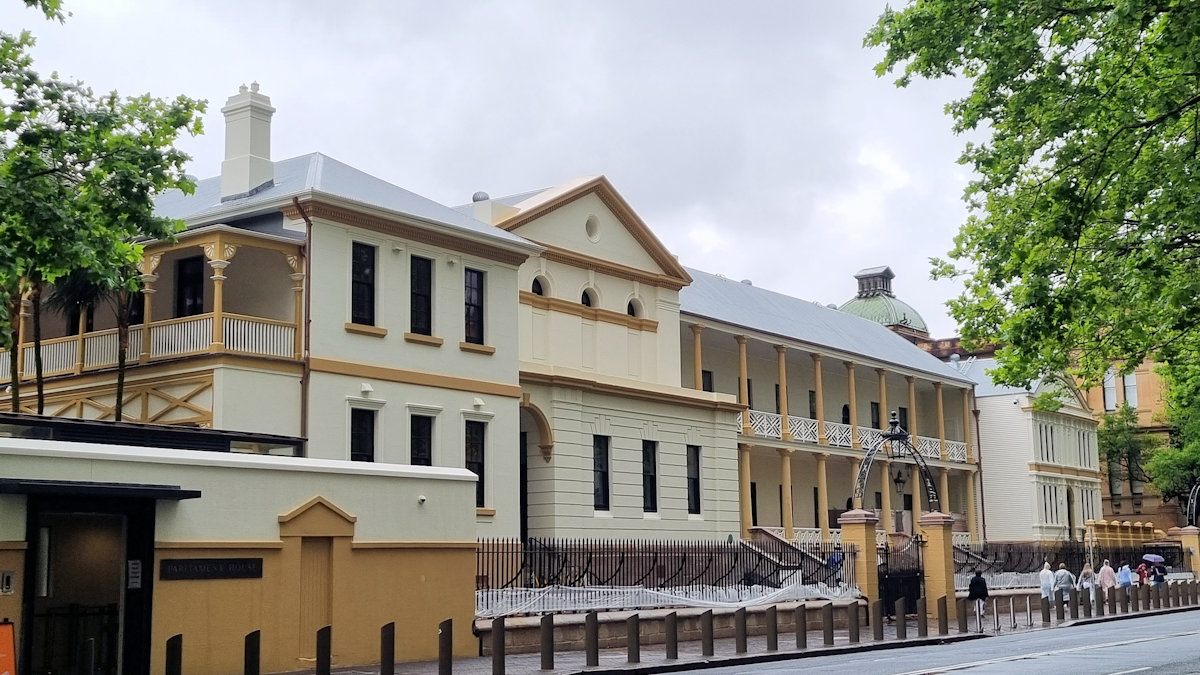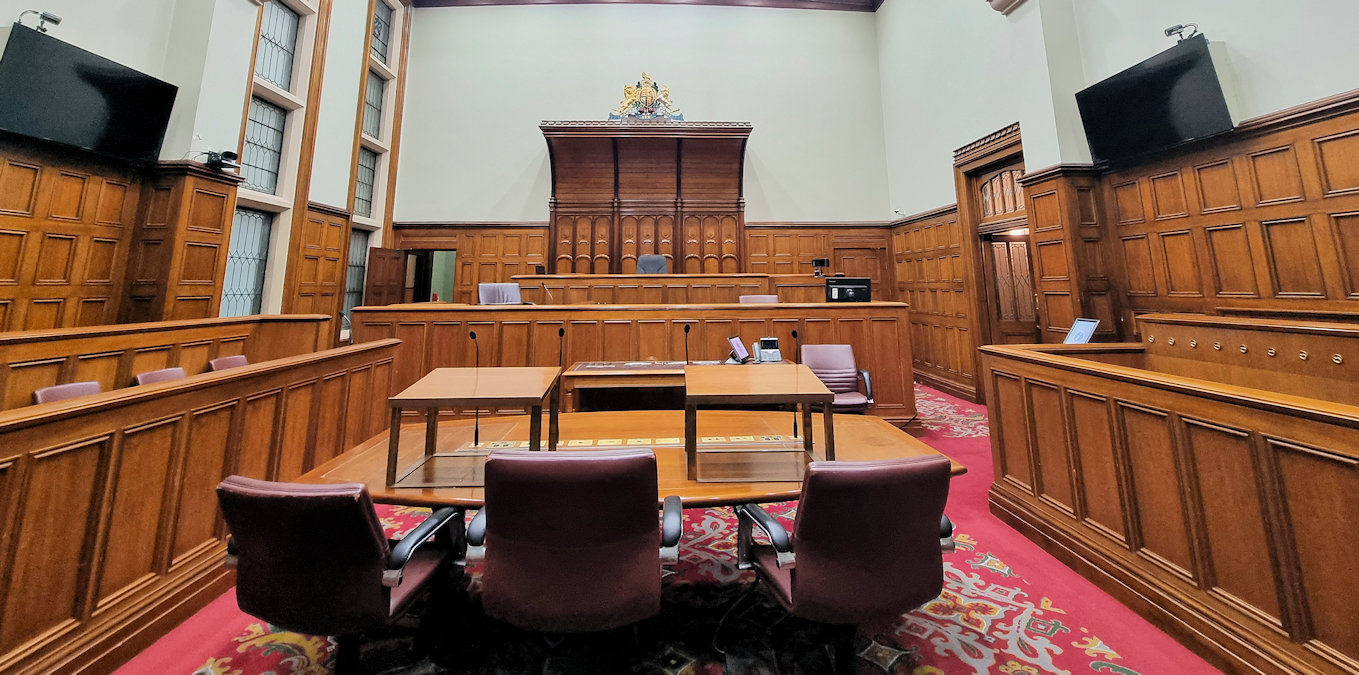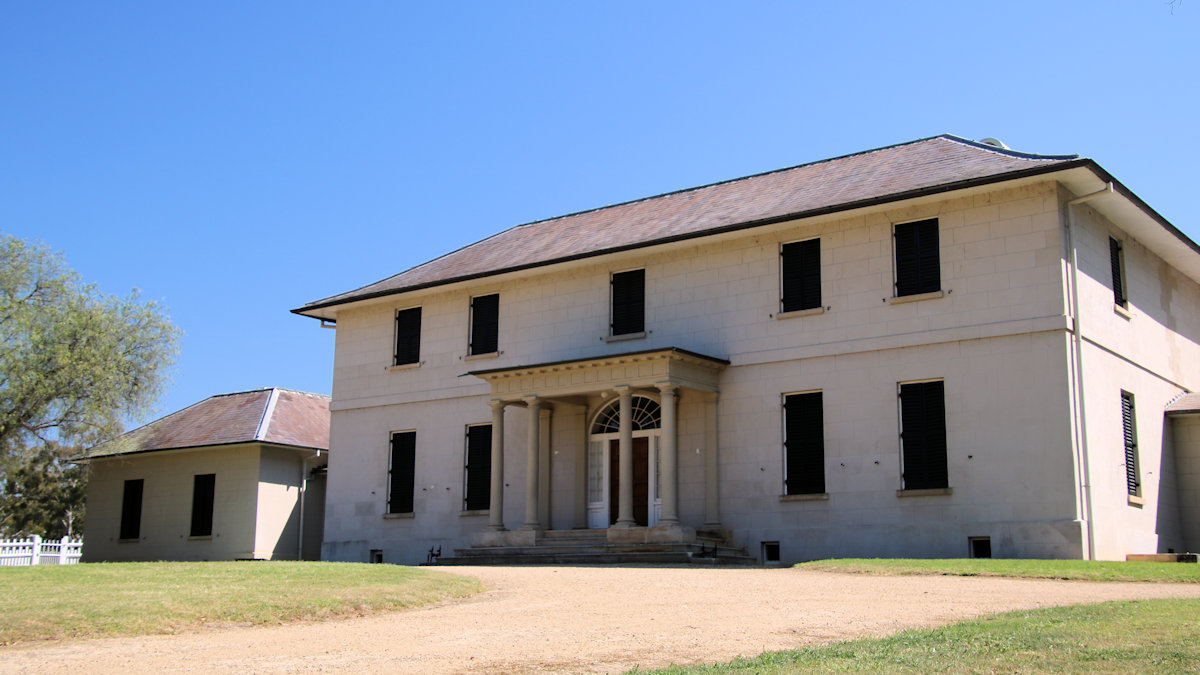Category: History
-
Parliament House New South Wales

Parliament House New South Wales Completed in 1816 Parliament House in Sydney houses the Government of the state of New South Wales Australia. Originally a hospital, the central section of the façade is a two story Georgian building. When built, no funds were available to Governor Macquarie so he arranged funding via the importation of… Read more
-
King Street Courts Sydney

King Street Courts Sydney Designed as Australia’s first law courts by Francis Greenway for Governor Macquarie, what became the King Street Courts were originally intended as a school. The original law courts were redesigned as St James Church and subsequently the adjoining school was repurposed as courts. Completed in 1828, the final building differed significantly… Read more
-
Old Government House and Parramatta Park Australia

Old Government House Parramatta Australia Located on the banks of the Parramatta River, Old Government House is the oldest surviving public building in Australia. Additionally it is an important UNESCO World Heritage listed site, and one of 11 recognised convict sites that tell the story of Australia’s forced convict migration. History of Old Government House… Read more